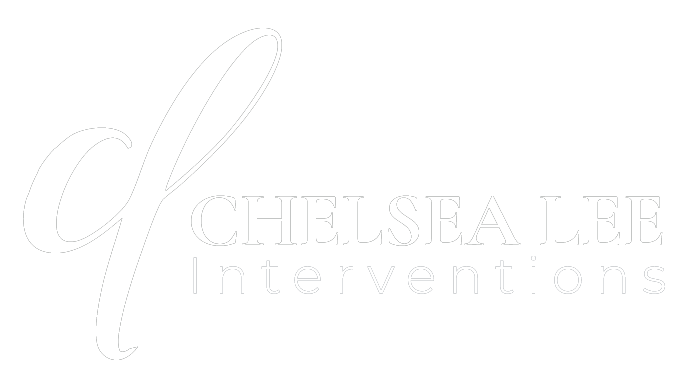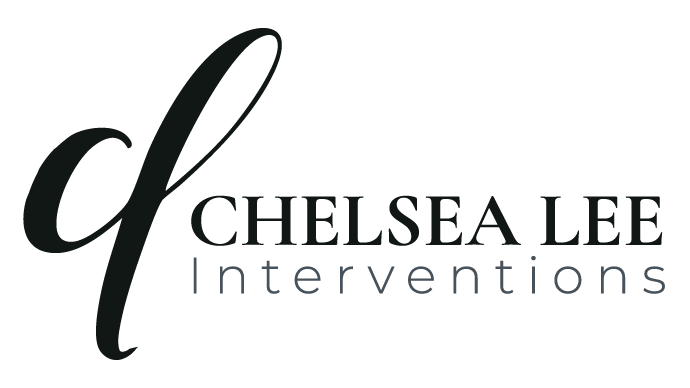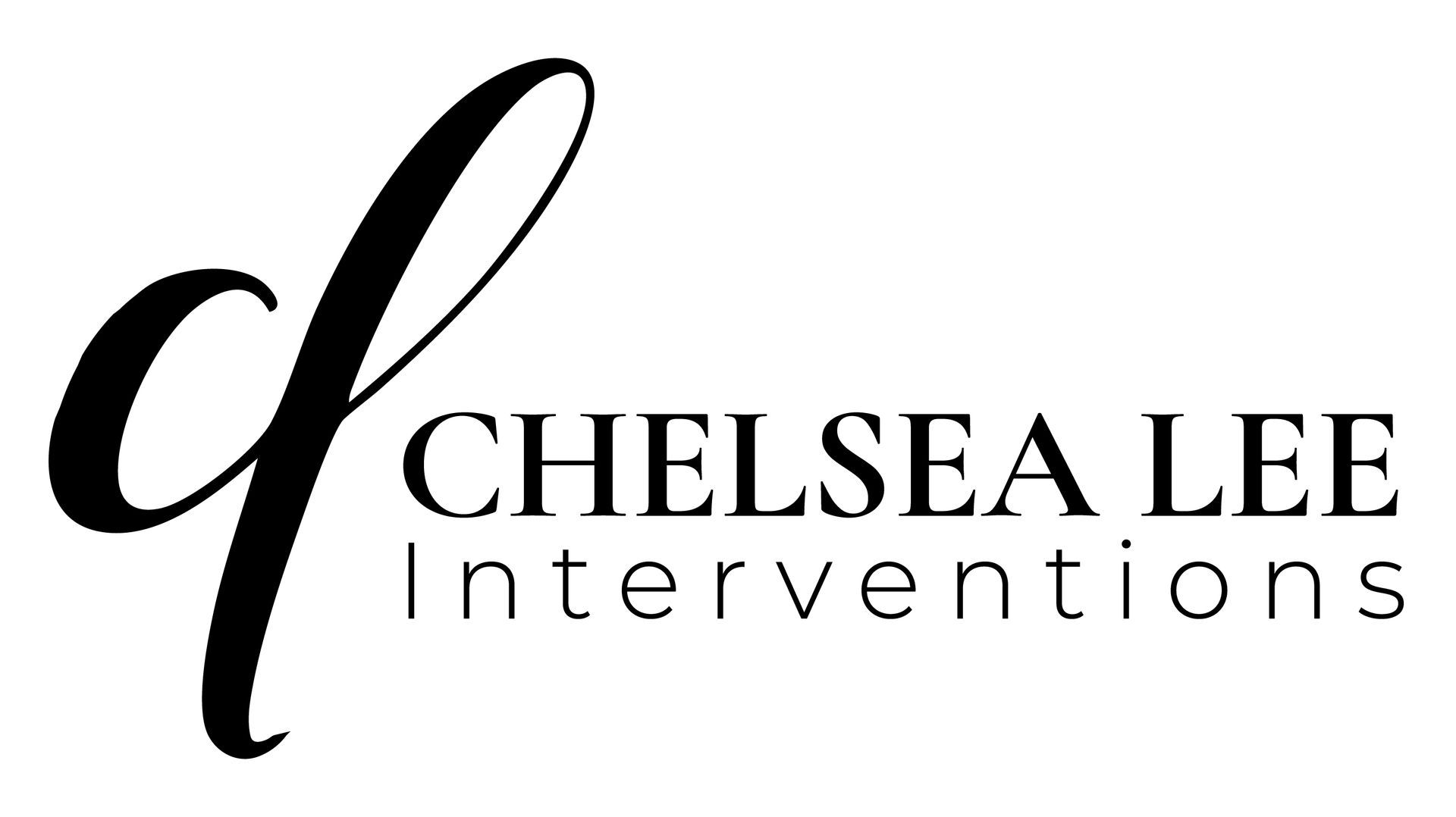When to Stage an Intervention in Vancouver: Breaking Through the "It's Not That Bad Yet" Excuse

If you're questioning whether it's time for an intervention, your instincts are probably telling you something important. As a licensed interventionist in Vancouver, I hear the same hesitations from families every day: "What if they're not ready?" "What if we make things worse?" "Shouldn't they hit rock bottom first?" These concerns are understandable, but they can become dangerous excuses that allow addiction to deepen its grip. The truth is, you don't have to wait for tragedy to take action when someone you love needs professional help.
Article Outline: Understanding Intervention Timing and Breaking Through Family Hesitation
In this comprehensive guide, you'll learn the critical signs that indicate when to stage an intervention, understand why waiting for "rock bottom" is a harmful myth, discover how to recognize intervention warning signs before it's too late, and gain clarity on the intervention process that can save your loved one's life. We'll address the most common excuses families use to delay intervention and provide you with the knowledge and confidence to take action when someone you love is struggling with addiction.
The Dangerous Myth of "Rock Bottom": Why Earlier Intervention Saves Lives
One of the most harmful misconceptions about addiction recovery is the belief that people with addiction must hit "rock bottom" before they can accept help. This myth has prevented countless families from staging successful interventions when they could have been most effective.
The reality is that rock bottom is not a requirement for change, it's simply where people often land when families and support systems don't intervene sooner. For many struggling with addiction, rock bottom isn't losing their job or facing legal consequences. It's overdose. It's death. Professional interventionists understand that waiting for rock bottom is waiting for tragedy.
Research consistently shows that early intervention leads to better outcomes in addiction recovery. When families seek professional intervention services before their loved one has lost everything, the success rate increases significantly. The person struggling with addiction still has more to protect, their relationships, their job, their health, which creates stronger motivation for accepting treatment.
Addiction is a progressive disease that worsens over time without intervention. What appears manageable today often becomes life-threatening tomorrow. By the time someone reaches what we traditionally think of as "rock bottom," the addiction has had more time to change brain chemistry, damage relationships, and create additional barriers to recovery.
Recognizing the Critical Signs: When Professional Intervention Becomes Necessary
Understanding when to stage an intervention requires recognizing specific warning signs that indicate your loved one's addiction has progressed beyond what family conversations can address. These intervention warning signs often develop gradually, making them easy to dismiss until they become undeniable.
Escalating dangerous behaviour marks a critical point when intervention may be necessary. When someone's substance use begins putting themselves or others at physical risk, professional intervention services become essential. This includes driving under the influence, using substances in dangerous combinations, or engaging in risky behaviours they wouldn't consider while sober.
Breakdown in family communication signals that addiction is creating barriers to honest conversation. If your loved one becomes increasingly defensive, angry, or manipulative when family members express concern about their substance use, this indicates professional intervention may be required.
Impact on daily functioning reveals progression of the disease. While high-functioning addiction exists, most people with addiction eventually show signs of impairment in their work, relationships, or personal care. Missing important commitments, neglecting responsibilities, or showing dramatic personality changes can indicate it's time to seek professional intervention.
Failed family attempts indicate the need for specialized support. When previous conversations, ultimatums, or attempts to help have been unsuccessful or have made the situation worse, this often signals that professional intervention services are needed.
Understanding High-Functioning Addiction: Why "They're Still Managing" Isn't a Valid Excuse
Many families delay intervention because their loved one appears to be "still functioning", maintaining their job, paying bills, or avoiding obvious consequences. This excuse stems from misunderstanding how addiction progresses and what constitutes a crisis worthy of intervention.
High-functioning addiction is incredibly common, particularly in the early to middle stages of the disease. People with addiction often become skilled at compartmentalizing their substance use and maintaining external appearances while their internal world deteriorates.
They may excel at work while struggling with depression, maintain social relationships while battling intense cravings, or keep up with responsibilities while their physical health declines.
The danger of using functionality as a measure of whether intervention is needed lies in addiction's progressive nature. The brain changes caused by addiction don't wait for external consequences to manifest. Each day of continued substance use potentially deepens neural pathways associated with compulsive behaviour, making recovery more challenging over time.
Professional interventionists understand that intervention can be most effective when someone still has significant aspects of their life intact. When people enter treatment before losing their job, their family relationships, or their health, they have more motivation to engage in recovery and more resources to support their healing process.
Addressing Family Fear: "What If We Make Things Worse?"
The fear of making things worse through intervention is perhaps the most common concern families express when considering whether to seek professional help. This fear, while understandable, often keeps families trapped in cycles of enabling behaviour that actually make the addiction worse over time.
Professional intervention, when conducted by trained specialists, is designed to minimize the risk of negative outcomes while maximizing the potential for positive change. Unlike confrontational approaches sometimes portrayed in media, modern intervention strategies focus on expressing love and concern while maintaining appropriate boundaries.
The reality is that doing nothing almost guarantees that things will get worse. Addiction is a progressive disease that rarely improves without intervention. While there's always some risk involved in addressing difficult family dynamics, the risk of continued inaction is typically much greater than the risk of professionally guided intervention.
Families often worry that their loved one will become angry or feel betrayed by an intervention. While these reactions can occur, they're often temporary responses to having their addiction challenged. Many people who initially react negatively to intervention later express gratitude that their family cared enough to take action.
The Intervention Process: What Happens When You Decide It's Time
Understanding what happens during professional intervention can help families feel more confident about moving forward when they recognize it's time to take action. The intervention process involves careful planning, family preparation, and structured communication designed to motivate treatment acceptance.
Initial assessment and planning begins with a thorough evaluation of your family's situation, including the nature and severity of the addiction, family dynamics, previous treatment attempts, and available resources. This assessment helps determine the most appropriate intervention approach for your specific circumstances.
Family preparation and education occurs before any intervention meeting takes place. Family members receive education about addiction, communication strategies, and what to expect during the process. This preparation helps ensure that everyone involved can participate effectively and maintain focus on the goal of helping their loved one accept treatment.
Treatment options research involves identifying appropriate treatment programs and having these options ready to present during the intervention meeting. Professional interventionists maintain relationships with quality treatment centres and can help families navigate insurance coverage and admission processes.
The intervention meeting involves bringing together family members and close friends to express their concerns and offer support for recovery. Professional interventionists facilitate these conversations, helping maintain focus and managing the emotional intensity that naturally occurs during these discussions.
Common Intervention Excuses Families Use and Why They're Dangerous
Families often use well-intentioned excuses to delay intervention, not realizing that these justifications can enable continued addiction and prevent life-saving treatment. Understanding these common excuses and their underlying dangers can help families move past hesitation toward action.
"They'll be angry if we intervene" represents a fear that prevents many families from taking action. While anger is a possible initial response to intervention, it's often a symptom of the addiction rather than genuine feelings toward family members. Many people who initially react angrily to intervention later express gratitude that their family took action.
"It's not my place to say anything" assumes that only certain family members have the right to express concern. Addiction affects everyone in its orbit, giving family members and close friends both the right and the responsibility to express their concerns about someone you love.
"What if they refuse help" focuses on fear of rejection rather than the potential for positive change. Even when someone doesn't immediately accept treatment, intervention often plants seeds that lead to acceptance later. Additionally, the process helps families stop enabling behaviours and establish healthier boundaries.
"We should give them more time" assumes that addiction will improve on its own given enough opportunity. This excuse contradicts everything we know about how addiction progresses. Time without intervention typically means time for the addiction to become more entrenched and more difficult to treat.
"They're not ready yet" misunderstands how readiness for change develops. Readiness is often something that emerges during the intervention process, rather than something that exists beforehand. Professional interventionists use motivational techniques designed to help people recognize their need for help.
The Role of Professional Interventionists in Vancouver's Recovery Community
Professional interventionists bring specialized training and experience that significantly improves intervention success rates compared to family-led attempts. Understanding what professional interventionists provide can help families make informed decisions about seeking this specialized support.
Clinical training and expertise combine addiction counselling knowledge with specialized education in intervention techniques. This dual expertise allows interventionists to understand both the medical aspects of addiction and the family dynamics that often complicate recovery efforts for everyone involved.
Objective perspective provides crucial balance during emotionally charged conversations. Family members are emotionally invested in ways that can make it difficult to maintain objectivity during intervention conversations. Professional interventionists provide an outside perspective that can help keep discussions focused and productive.
Crisis management skills prepare interventionists to handle unexpected responses and intense emotions. Interventions can become emotionally volatile, and professional interventionists are trained in crisis management techniques that help maintain safety and progress toward positive outcomes.
Treatment system knowledge helps families navigate Vancouver's complex addiction treatment landscape. Professional interventionists maintain relationships throughout the treatment community and can help families access the most appropriate resources for their loved one's specific needs.
Treatment Options and Aftercare Planning Following Successful Intervention
When someone accepts help during an intervention, having immediate access to appropriate treatment options is crucial for maintaining motivation and beginning the recovery process. Understanding different levels of care helps families prepare for this critical transition and support long-term recovery success.
Residential treatment programs provide 24-hour support and intensive therapeutic intervention for severe addiction or situations where outpatient treatment has been unsuccessful. These programs typically last 30-90 days and provide a structured environment for early recovery in Vancouver and surrounding areas.
Intensive outpatient programs offer multiple therapy sessions per week while allowing individuals to maintain work or family responsibilities. These programs often include group therapy, individual counselling, and family education components that address the whole family system affected by addiction.
Individual and family counselling addresses underlying issues that contribute to addiction, while helping families heal from the impact of addiction on their relationships. Both individual and family therapy play important roles in sustainable recovery and rebuilding trust damaged by addiction.
Support group participation provides peer support and accountability that complement professional treatment. Groups like Alcoholics Anonymous, Narcotics Anonymous, or SMART Recovery offer ongoing community support. Family members can also benefit from groups like Al-Anon or Nar-Anon.
Case management services coordinate multiple aspects of treatment and recovery support. Professional interventionists often provide ongoing case management to ensure continuity of care and help families navigate the complexities of supporting recovery while maintaining their own well-being.
Frequently Asked Questions About Intervention Timing in Vancouver
How do I know if my loved one's addiction is serious enough for intervention? If your loved one's substance use is causing problems in their relationships, work, health, or daily functioning, intervention may be appropriate. You don't need to wait for catastrophic consequences to seek professional help. Even high-functioning addiction benefits from early intervention.
What if my loved one has tried treatment before, and it didn't work? Previous treatment attempts don't predict future success. Many people require multiple treatment episodes before achieving lasting recovery. Professional interventionists can help identify why previous attempts weren't successful and suggest different approaches.
Can we do an intervention if other family members don't agree? While family unity is ideal, it's not required for intervention. Sometimes one or two committed family members can proceed with professional support, while others remain skeptical. Often, reluctant family members become supportive once they see positive results.
How long does the intervention process take from start to finish? Planning typically takes 1–2 weeks, while the intervention meeting itself usually lasts 2-4 hours. However, intervention is really a process that begins with the decision to seek help and continues through treatment and recovery.
What happens if my loved one becomes violent or threatening during intervention? Professional interventionists are trained to assess safety risks and have protocols for managing potentially dangerous situations. If safety concerns exist, interventions can be modified or postponed until conditions are safer.
Is intervention covered by insurance in British Columbia? Intervention services themselves typically aren't covered by BC health insurance, though some private insurance plans may provide partial benefits. However, the treatment that results from successful intervention is often covered by provincial or private insurance.
Taking Action: Moving Beyond Excuses to Life-Saving Intervention
If you're questioning whether it's time for intervention, trust your instincts. Families don't typically consider intervention unless there's a genuine need for action. The fact that you're reading this guide suggests you've already recognized warning signs that indicate professional help may be necessary.
Document your concerns by keeping track of specific incidents that worry you, missed commitments, personality changes, risky behaviours, or health problems. This documentation helps professional interventionists understand the severity and progression of the addiction affecting your loved one.
Research treatment options by learning about available resources in Vancouver and surrounding areas. Understanding what treatment programs exist makes it easier to present concrete solutions during intervention conversations with your loved one.
Connect with professional support by scheduling a consultation with a licensed interventionist to discuss your specific situation and explore your options. Many interventionists offer free initial consultations to help families understand the process and determine if intervention is appropriate.
Prepare family members by beginning conversations with other relatives about your concerns and the possibility of intervention. Professional interventionists can help facilitate these discussions and address resistance or concerns from reluctant family members.
Remember that addiction is a progressive disease that rarely improves without intervention. The excuses families use to delay action, "it's not that bad yet," "they're not ready," "we should wait", are often symptoms of the family's own adaptation to living with addiction rather than realistic assessments of when help is needed.
Your loved one's life may depend on your willingness to move beyond these excuses and take action. Professional intervention provides a structured, compassionate way to express your concerns while offering concrete solutions for recovery and healing.
Ready to take the next step? Contact Chelsea Lee today for your free consultation.
Phone: 778-858-0042
Email: info@chelsealee.ca
Location: Vancouver, BC (serving families across Canada)
As a licensed Master Practitioner in Clinical Counselling and certified addiction interventionist, I understand the fear and uncertainty families face when considering intervention. I provide compassionate, professional guidance that helps families move from paralysis to action, from excuses to solutions.
Don't wait for rock bottom. Don't wait for tragedy. Your loved one needs you to act with courage and clarity, today. Professional intervention can provide the structure and support that transforms family love into life-saving action for everyone involved.

Chelsea Lee, MPCC
Licensed Master Practitioner in Clinical Counselling & Certified Interventionist
I am a Licensed Master Practitioner in Clinical Counselling and Certified Interventionist with over 20 years of experience helping families navigate the challenges of addiction and mental health. My approach combines professional training with my own lived experience, allowing me to provide not just expertise, but also genuine understanding and compassion. My goal is to walk alongside families, offering hope, healing, and practical support as they work toward recovery and lasting change.

Reclaim Your Peace of Mind
Book your free consultation now and discover the support you deserve.








